Dyslexia
Dyslexia is a learning problem in which the person will face trouble in processing words. Additionally called understanding handicap, dyslexia influences regions of the mind that interact with language. Individuals with dyslexia have typical insight and generally have an ordinary vision. Most kids with dyslexia can prevail in school with coaching or a particular instruction program. Consistent encouragement likewise assumes a significant part.
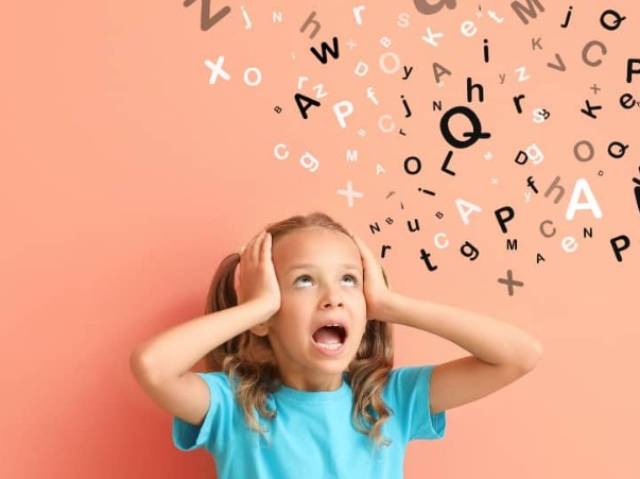
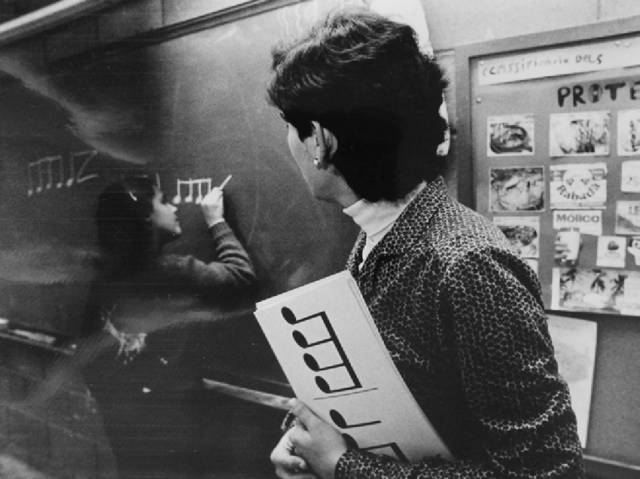
Writing with rhythm
This method is used to treat people and kids with rhythm in it. It develops different aspects of a person. Along with motor coordination, it makes the memory sharp which ultimately helps in mental calculation. The patient likewise figures out how to profoundly concentrate while doing this technique, working the various flaps of the mind prior to starting work on different assignments.
Buzzer method
It is expected to work on hear-able consecutive abilities, momentary working memory, and further develop jargon abilities. Utilizing a bunch of Morse codes and paying attention to the sound made by the instructor, the understudy will be approached to recognize each letter “hummed” and run after spelling the whole word, characterizing the word, giving its part of discourse, and afterward involving that word in a sentence. This undertaking could be made more perplexing as kid aces various groupings of words.
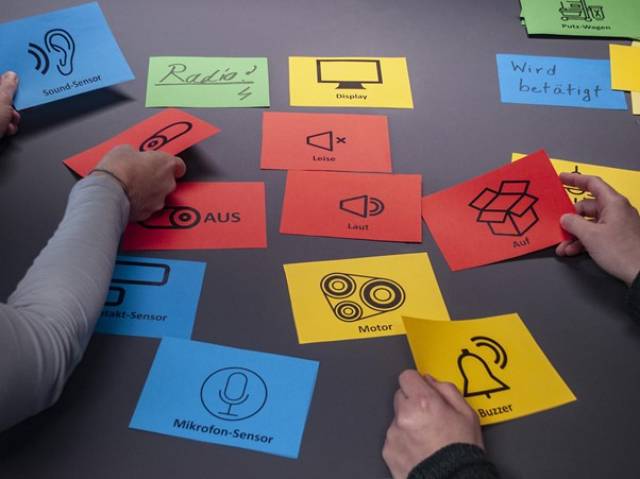
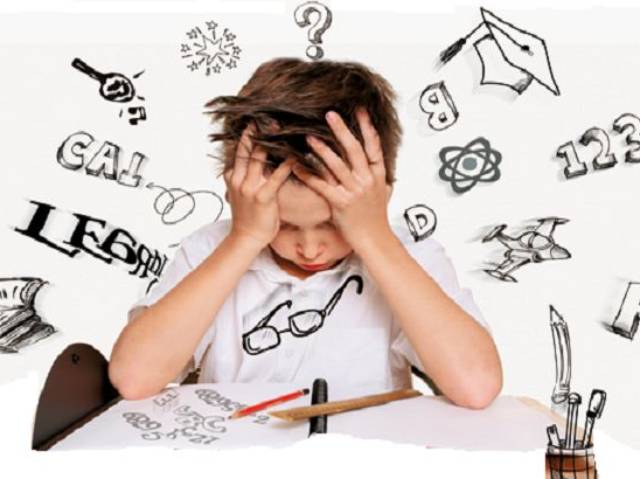
Association of dots
This instrument gives the distinguishing proof of required mathematical shapes from a model by choosing and connecting particular specks. The specks appear to be separated and unstructured. Notwithstanding, utilizing a model, the understudy defines boundaries to interface dabs that make a particular shape from at first saw disengaged and apparently unstructured data. The kid more than once rehearses these and focuses on the fruitful consummation of continuously more troublesome activities.
Word Identification Strategy
This procedure is intended to assist children with rapidly recognizing and effectively examining obscure words in their understanding of materials. This is particularly significant for kids with learning difficulties who battle with the sufficient perception of sections because of countless substance explicit and troublesome words in an entry. This methodology is clear, utilitarian, and effective to assist children with effectively recognizing many new words.
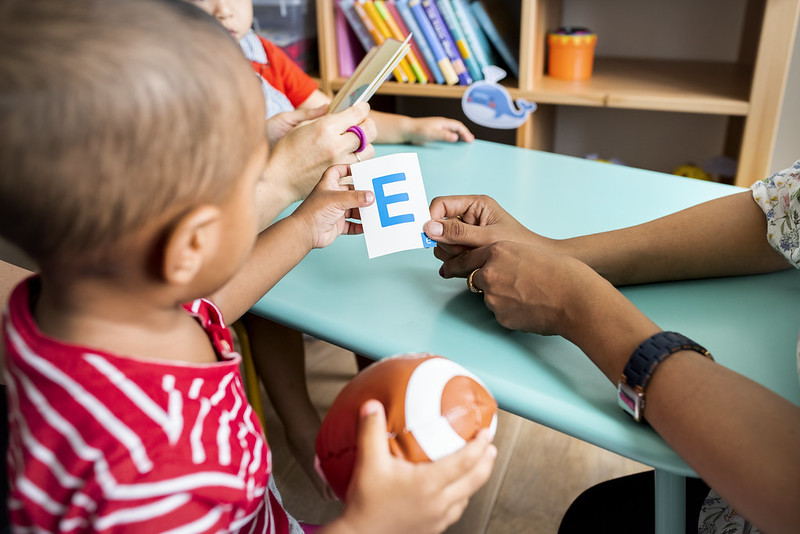
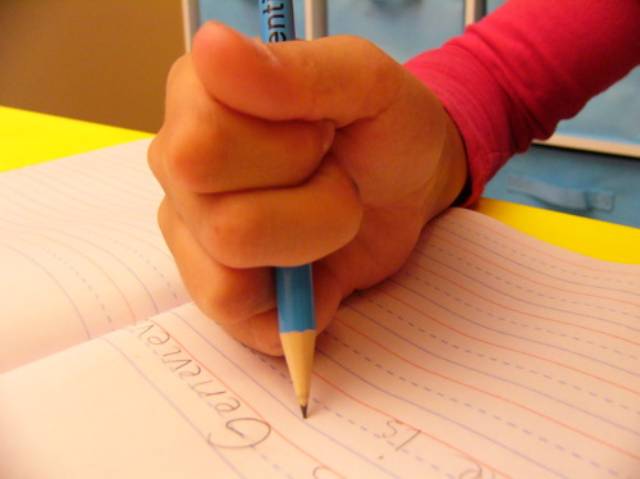
Dysgraphia
Those with dysgraphia experience difficulty changing over their contemplations into composing or drawing. Unfortunate penmanship is a sign of dysgraphia yet is a long way from the main manifestation. Victims battle to make an interpretation of their contemplations into composing, regardless of whether in spelling, language, jargon, decisive reasoning, or memory.1 Individual with dysgraphia might show trouble with letter separating, unfortunate engine arranging, spatial mindfulness, and inconvenience thinking and composing at the same time.
Dyscalculia
Dyscalculia includes learning inabilities connected with numerical computations. People with dyscalculia battle math ideas, numbers, and reasoning.1 Sometimes alluded to as having “math dyslexia,” people could experience issues perusing tickers to give the current time, counting cash, recognizing designs, recollecting math realities, and settling mental math.
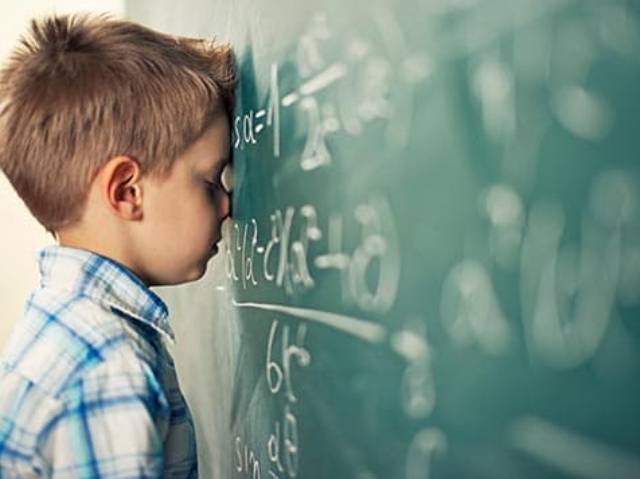

ATTENTION-DEFICIT/ HYPERACTIVITY DISORDER (ADHD)
Even though ADHD itself is not a learning disability, it may affect the learning ability of an individual due to one of its key side effects which is difficulty in concentrating. Individuals with ADHD may have trouble paying attention, controlling impulsive behaviors, or can be overly active. Our team uses an effective combination of skills training and special learning techniques in helping the individual in coping with ADHD.
Temporal relation
This fosters an understudy’s capacity to utilize ideas of time to portray and arrange their encounters. It is fundamental for understudies to have a consciousness of the progression of time and its arranged progression and cadence of occasions. The assignment cards permit understudies to need to work out how and when various occasions happened inside a story.
Key regions: speculative reasoning; comprehension of request; utilization of important signals; utilization of consistent proof


Paragraph Writing
This technique furnishes understudies with the essential instruments expected to coordinate and compose passages to have the option to satisfy the more perplexing composing requests at higher grade levels at school. Understudies are directed through a bunch of steps to acquire the abilities and certainty expected for viable passage development.
Key regions: Paragraph development; sequencing; composing technique
Language handling jumble
A subset of hear-able handling issues, language handling jumble emerges when an individual has explicit difficulties in handling communication in language, affecting both responsive and expressive language. As per the Learning Disabilities Association of America, in language handling jumble, “there is trouble connecting importance to sound gatherings that structure words, sentences, and stories.
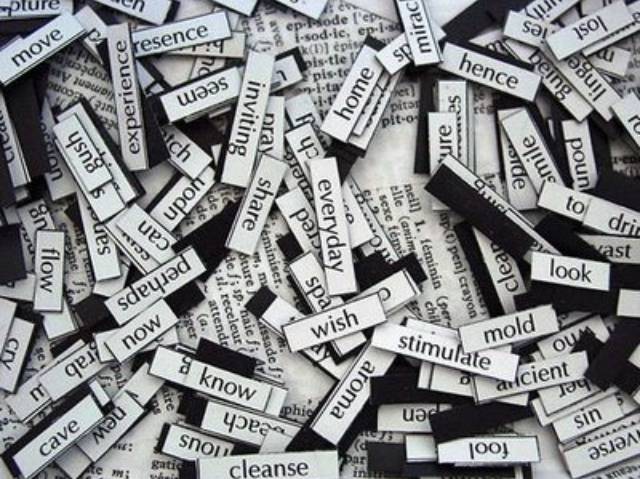

Motor Skill Development
Children with disorders related to motor skills have difficulty in processing visuospatial information needed to guide the motor actions as they are not able to recall or plan complex motor activities like dancing, walking well at early ages, etc. Our team effectively diagnoses and treats all kinds of motor skill disorders to help an individual live a normal life and prevent further secondary complications.

